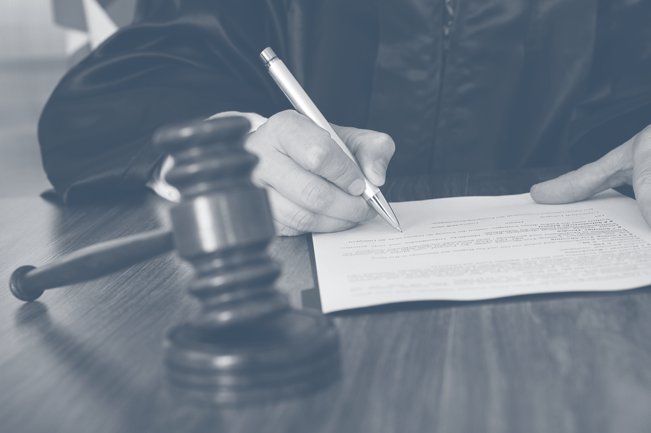Judges and Prosecutors Fight for Minor Traffic Violations to Remain on Criminal Law Books
Judges and prosecutors are urging legislators to keep misdemeanor traffic offenses in the criminal law books after recent recommendations that such offenses be turned into civil violation as a way to trim court costs.
Reducing traffic offenses from misdemeanors to civil violations would remove incarceration as a penalty and violators would only face fines. Judges and prosecutors are concerned that this will weaken law enforcement’s ability to enforce traffic laws. Prosecuting Attorneys’ Council Executive Director Charles Spahos, told the panel that decriminalization would lead to “significant unintended consequences.”
Sandy Springs Municipal Court Judge Jim Anderson said minor traffic offenses cause the majority of car crashes and fatalities. Citing 2008 data, Anderson told the panel that minor violations, such as failure to yield, failure to obey a traffic signal and driving on the wrong side of the road, were responsible for 413 traffic deaths that year, while drunken driving was only responsible for 128. Decriminalizing these minor offenses “has the potential to send the message to the public that we really, really don’t care about traffic laws; that … they’re really just nuisances.”
The suggestion of decriminalization of minor traffic offenses garnered favor from the Georgia Association of Criminal Defense Lawyers. David Clark, a criminal defense lawyer, told the committee that the organization’s members believe drivers will still obey traffic laws even if violations were just civil infractions because they don’t want their insurance rates to increase or face the threat of a suspended driver’s license.
Cobb County State Court Judge David Darden said traffic offense jury trials are not a problem for superior courts in the 70 counties that have state courts to take those cases. Instead of decriminalization, he suggested creating state courts in counties that don’t have them and encourage superior courts to seek assistance from magistrate, probate and state court judges to preside over cases on their traffic offense calendar.
